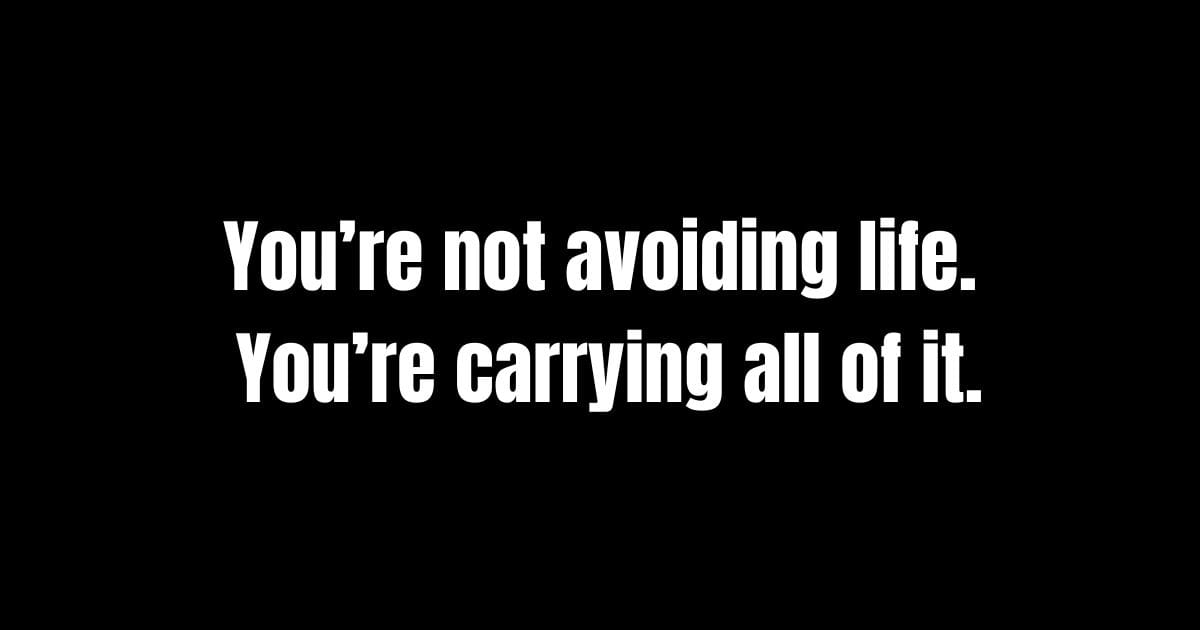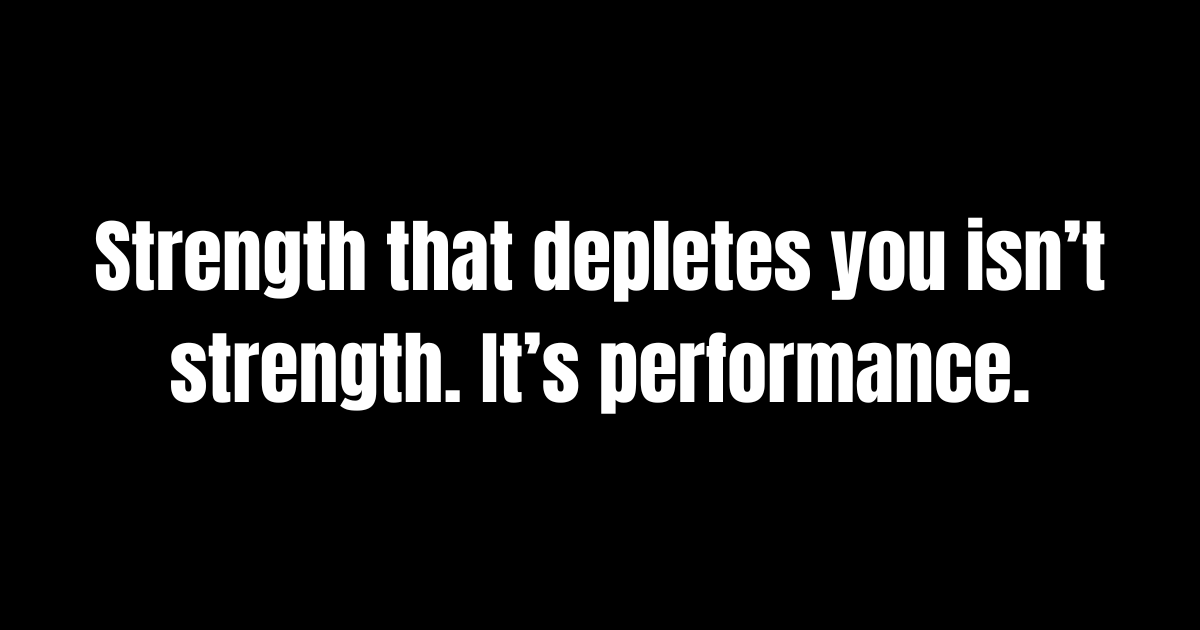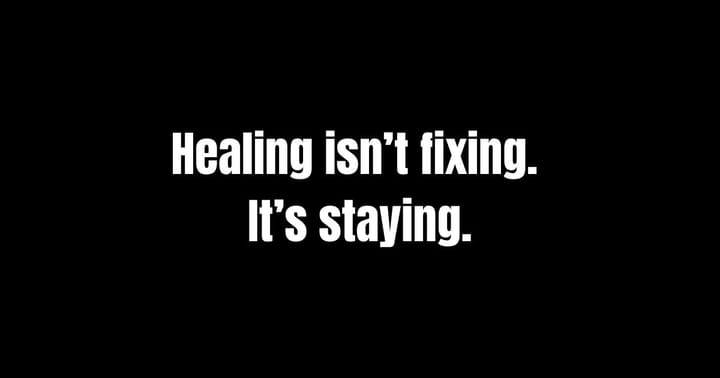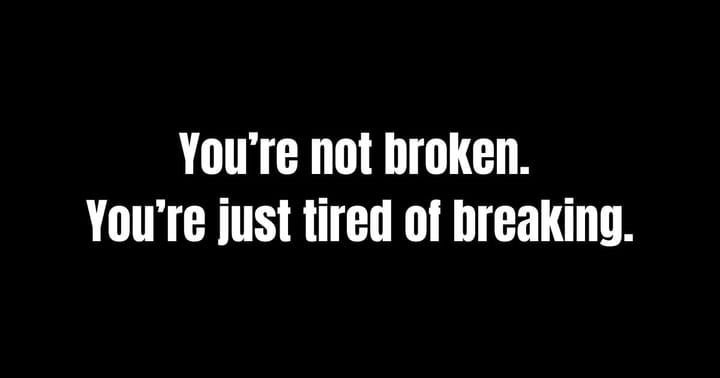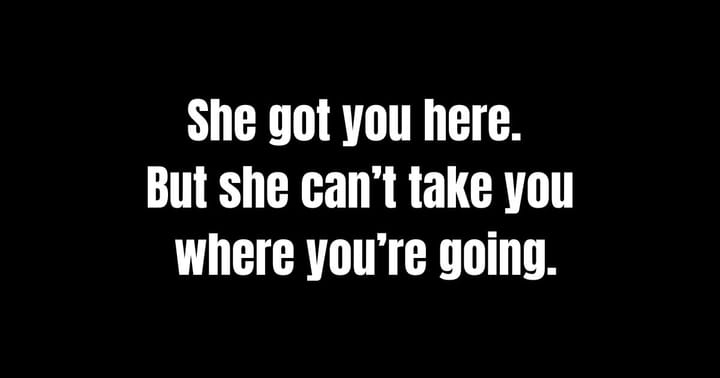When Saying No Feels Like Being Mean (But It’s Just a Boundary)
If saying no makes you feel guilty, you’re not alone. This post explores how emotional boundaries get tangled with self-worth, and why protecting your energy isn’t cruelty, it’s clarity.
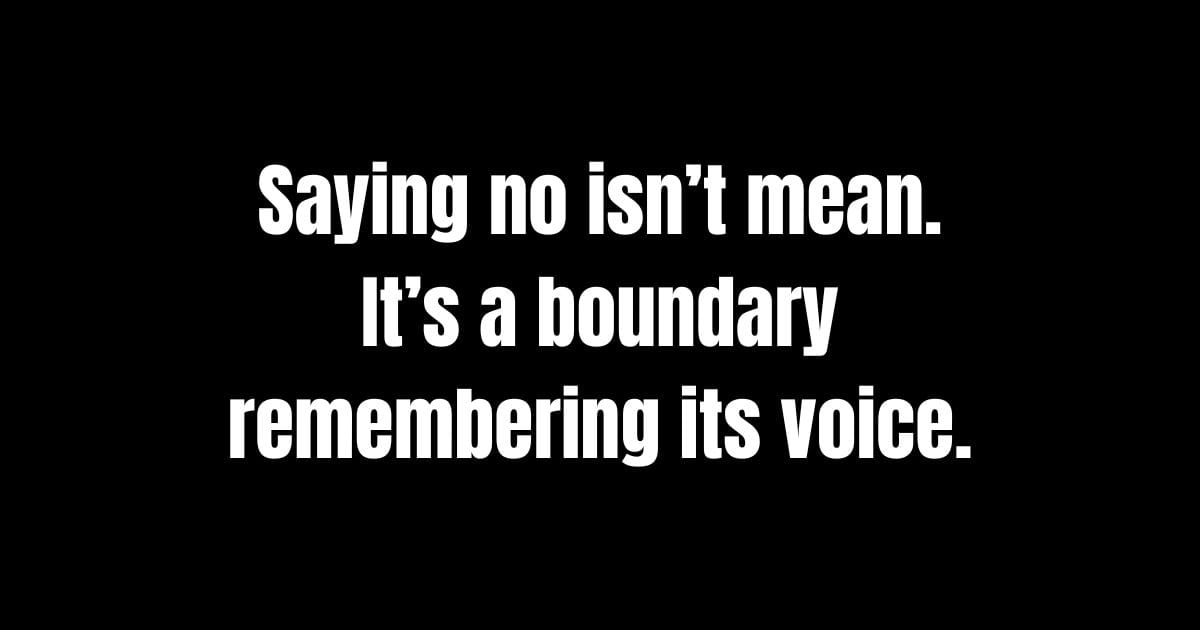
When Saying No Feels Like Being Mean
(But It’s Just a Boundary)
You know you should say no.
You feel the resentment building, the exhaustion creeping in.
You’ve said yes too many times to things that didn’t feel right,
and now your stomach tightens every time another request shows up.
But still, when the moment comes, your mouth softens the edge.
You pad it with apologies.
You give a reason that sounds more acceptable than the truth:
I don’t have the capacity for this.
Because the truth feels too harsh.
And somewhere deep in you, saying no still feels like being mean.
You Were Taught That Kindness Means Compliance
Maybe not explicitly.
But you learned to be accommodating before you learned to be honest.
You learned that a good person is selfless.
That it’s rude to inconvenience someone.
That softness means always saying yes, even when it costs you something.
So when your boundary tries to rise, your guilt speaks first.
You worry that you’re being selfish.
Difficult.
Hard to love.
But what if that guilt isn’t a sign you’ve done something wrong—
just a sign you’re doing something new?
Boundaries Aren’t Walls. They’re Edges That Keep You Whole
Saying no doesn’t disconnect you from people.
It lets you stay present without losing yourself.
And a boundary isn’t a rejection.
It’s a signal.
It says, I care enough to be honest with you.
It says, I want to keep showing up without running on empty.
But if your worth has been tied to being agreeable, to being easy, to never making anyone uncomfortable, then every no feels like a betrayal of that role.
It isn’t.
It’s the beginning of a different one.
One where you exist in full, not just in service.
When Guilt Is a Byproduct of Self-Respect
You’re not used to hearing yourself say no and letting it stay there.
You want to explain.
Soften.
Prove that you’re still kind.
But kindness doesn’t mean self-erasure.
It doesn’t mean tolerating what drains you just to keep someone else from feeling slighted.
And guilt?
Guilt is what rises when you start choosing yourself after years of choosing everyone else first.
Let it rise.
Let it pass.
It’s not proof that you’re being unkind.
It’s proof that you’re breaking a pattern.
You’re Allowed to Prioritise Your Energy Without Permission
No is a full sentence.
But it doesn’t have to be a sharp one.
It can be quiet.
Simple.
Even soft.
It can sound like:
“I’m not able to take that on right now.”
“That doesn’t work for me, but I hope it goes well.”
“Thanks for asking. I need to pass this time.”
You don’t need a spreadsheet of reasons.
You don’t need to prove your tiredness.
You just need to trust that your limits matter, even if they inconvenience someone.
Even if they disappoint someone.
Even if they change a dynamic you’ve kept alive by overgiving.
Boundaries Are How You Stay In Integrity With Yourself
Not just when things get hard,
but when things are good.
Because even love needs edges.
Even closeness needs space.
Even the healthiest relationships can tip into depletion
if they’re built on assumption, not communication.
You’ve said yes from obligation long enough.
Now you get to say yes from truth.
And that means getting good at saying no without shame.
Watch
A quiet voice reflection of this post is part of the Searches at 2AM series.
Notes to Self
We send one like this every week. Nothing pushy. Just quiet clarity.
Read Next
